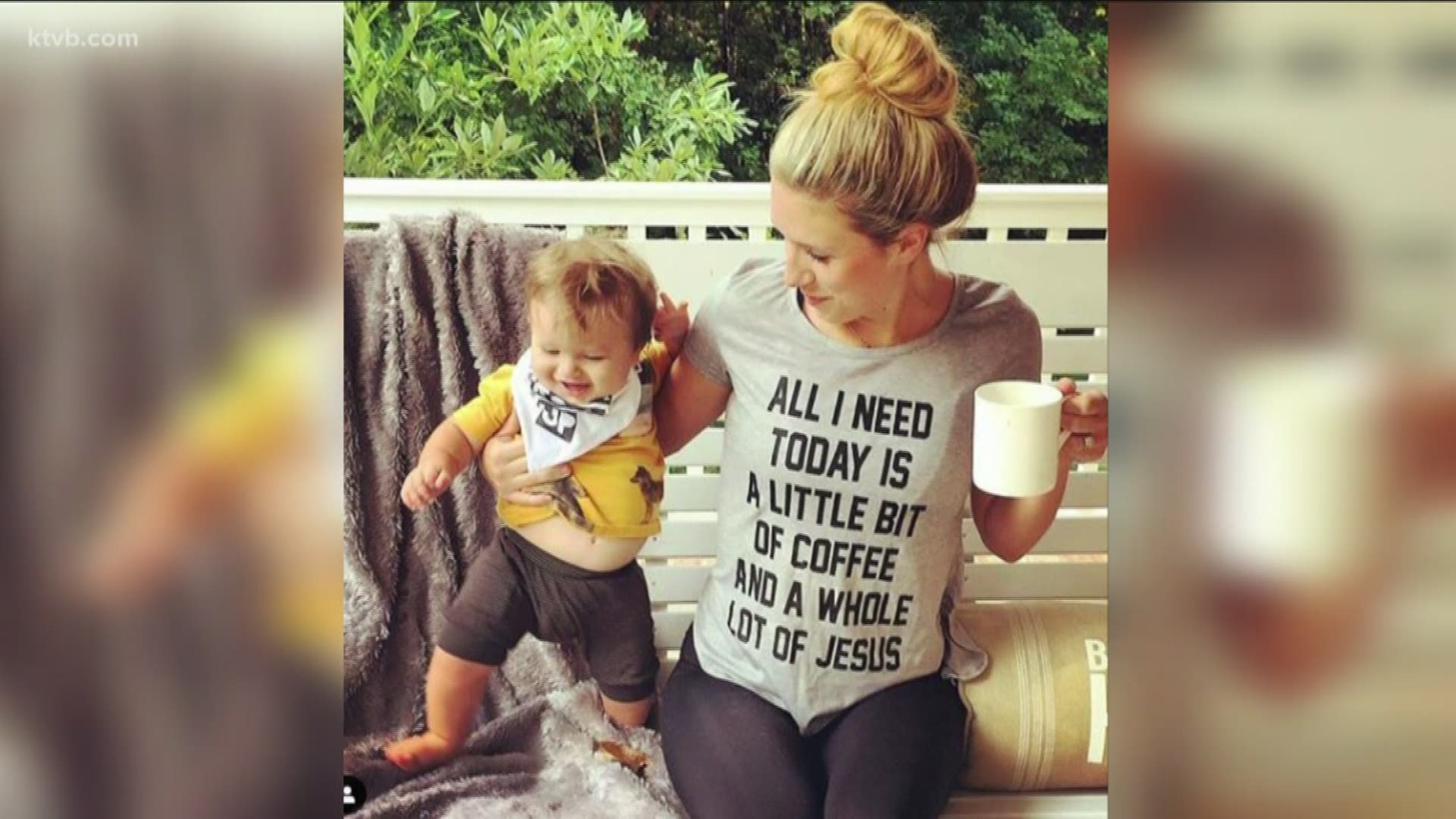BOISE - On the snow, Jeret "Speedy" Peterson seemed to have it all. Idaho's Olympic freestle aerial skier competed in three Olympic Games, winning a silver medal in Vancouver in 2010. He inspired a generation of Olympic hopefuls with his death-defying trick, aptly named "The Hurricane."
But off the snow, Speedy's family says he struggled like anyone else and eventually succumbed to his lifelong battle with depression and anxiety in 2011.
"He spent a lot of the time that he had in front of the media and in the spotlight, talking about the struggles he had," said Shannon Decker, executive director and co-founder of The Speedy Foundation.
Formed in 2011, the foundation's mission is to advocate for suicide prevention and mental health conditions.
According to group, Idaho has the sixth-highest suicide rate in the nation. More than a hundred Idaho school children died by suicide between 2012 and 2016, with 27 of them being age 14 or younger.
And about one in four adults experience a mental disorder each year, but less than 50 percent receive treatment.
"In this day and age we've got people going through life just silent and they've got needs," Decker said. "And the only way to address that is for a person to approach another person and start a conversation. It's to recognize signs of someone struggling and intervene."
In addition to their advocacy and educational work, The Speedy Foundation offers mental health first-aid training to anyone in our community, including educators, parents, coaches, clergy, and law enforcement, just to name a few.
Decker says it's very much like standard first-aid and CPR training, only you're more likely to come across someone who's having a mental health crisis than someone having a heart attack.
"One of the best ways is to talk to them, extend a hand and offer help," Decker said. "It might not be you, but your conversation will be the first place and if you know what the other resources are in our community, you'd be able to link them."
The idea is to increase the awareness of mental health conditions like depression, anxiety, psychosis, ADHD, substance abuse, and eating disorders. Participants don't diagnose conditions, but rather learn how to recognize the signs and where to reach out for additional help.
There are two versions of the eight-hour course. One focuses on mental health first-aid training for youth, the other for adults.
"The youth version of the curriculum is awesome because it goes into typical adolescent development versus a crisis," Decker said. "So what it teaches us is if something is impacting a person's ability to live, laugh, love or learn, it's something that needs to be addressed. If it's impacting their friendships, their schoolwork, their sleep, something needs to take place."
Decker says she first took the mental health training first aid four years ago with her aunt, Speedy's mom.
"Throughout the entire course, we just kept looking at each other saying, 'God this is it. I wish we would have known this. I wish we would have known it's okay to talk about this. I wish that we would have known these signs that Speedy was showing us and would have been able to take more action.' It's okay to ask someone if they're feeling suicidal, if you think that they might be suicidal. That's the best way to prevent someone from taking their life."
The Speedy Foundation is one of many organizations that provide mental health first-aid training in Idaho. For more information, click here.
If you or someone you know is struggling and need immediate help, call or text the Idaho Suicide Prevention Hotline at 208-398-HELP (4357). Decker says you don't have to be suicidal to call the hotline. You can call the hotline if you're concerned about someone who might be going though a mental health challenge or crisis. The Idaho Suicide Prevention Hotline can help with that, too.



